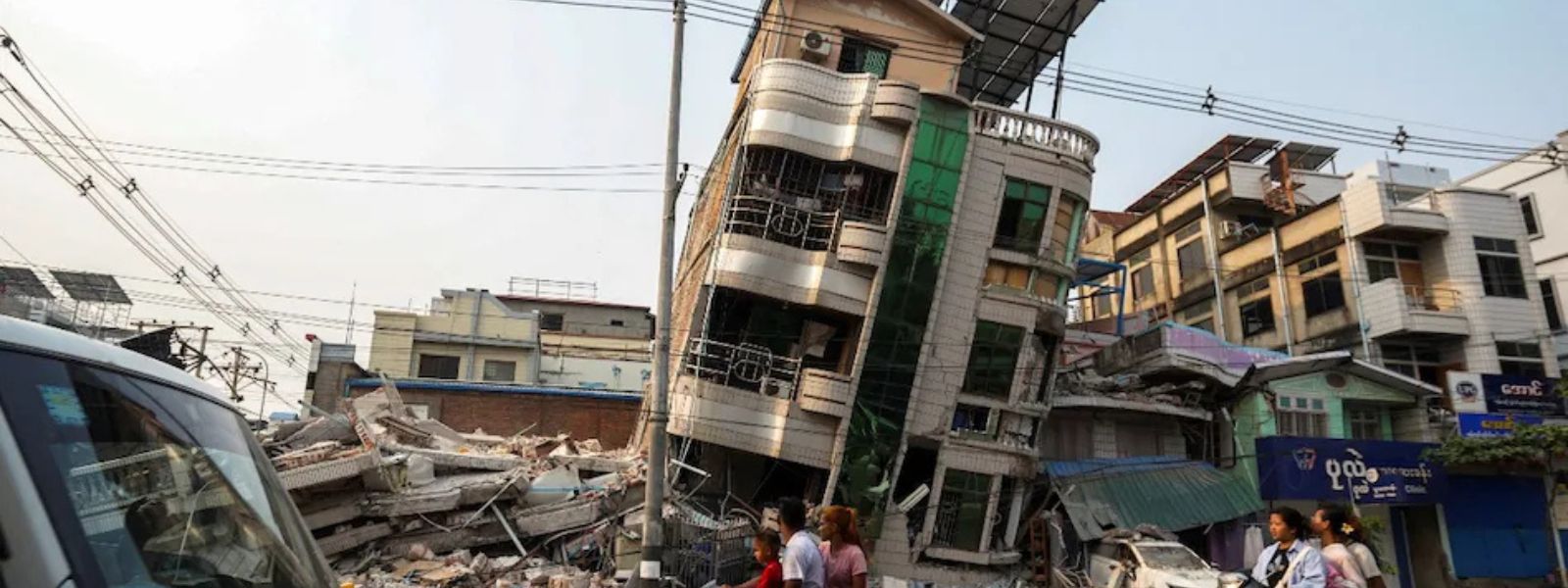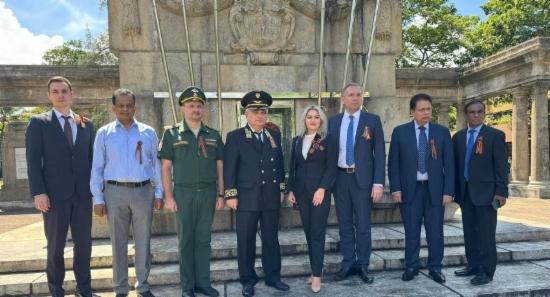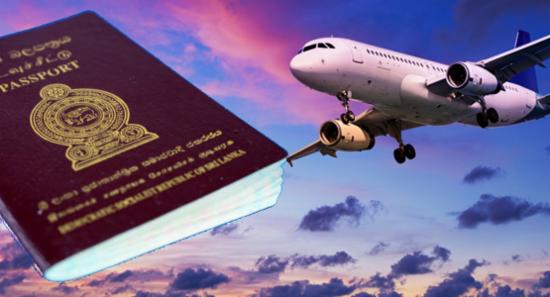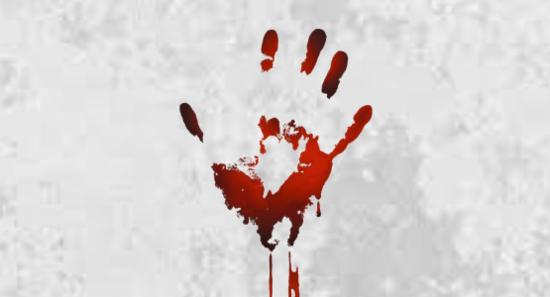.webp)

Myanmar earthquake death toll rises above 2,700
(Reuters) - Aid groups in the worst-hit areas of Myanmar said there was an urgent need for shelter, food and water after an earthquake that killed more than 2,700 people, but said the country's civil war could prevent help reaching those in need.
The death toll had reached 2,719 and is expected to rise to more than 3,000, Myanmar's military leader Min Aung Hlaing said in a televised address on Tuesday. He said 4,521 people were injured, and 441 were missing.
The 7.7 magnitude quake, which hit around lunchtime on Friday, was the strongest to hit the Southeast Asian country in more than a century, toppling ancient pagodas and modern buildings alike.
In neighbouring Thailand, rescuers pressed on searching for life in the rubble of a collapsed skyscraper in the capital Bangkok, but acknowledged time was against them.
In Myanmar's Mandalay area, 50 children and two teachers were killed when their preschool collapsed, the United Nations Office for the Coordination of Humanitarian Affairs said.
"In the hardest-hit areas ...communities struggle to meet their basic needs, such as access to clean water and sanitation, while emergency teams work tirelessly to locate survivors and provide life-saving aid," the UN body said in a report.
The International Rescue Committee said shelter, food, water and medical help were all needed in places such as Mandalay, near the epicentre of the quake.
"Having lived through the terror of the earthquake, people now fear aftershocks and are sleeping outside on roads or in open fields," an IRC worker in Mandalay said in a report.
The civil war in Myanmar, where the junta seized power in a coup in 2021, has complicated efforts to reach those injured and made homeless by the Southeast Asian nation's biggest quake in a century.
Amnesty International said the junta needed to allow aid to reach areas of the country not under its control. Rebel groups say the junta has conducted airstrikes after the quake.
Other Articles
Featured News





.png )

-789472_550x300.jpg)

-789357_550x300.jpg)
-789349_550x300.jpg)
-789072_550x300.jpg)

-788581_550x300.jpg)



















.gif)